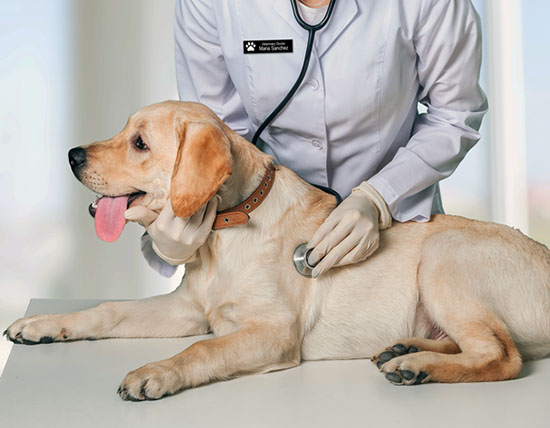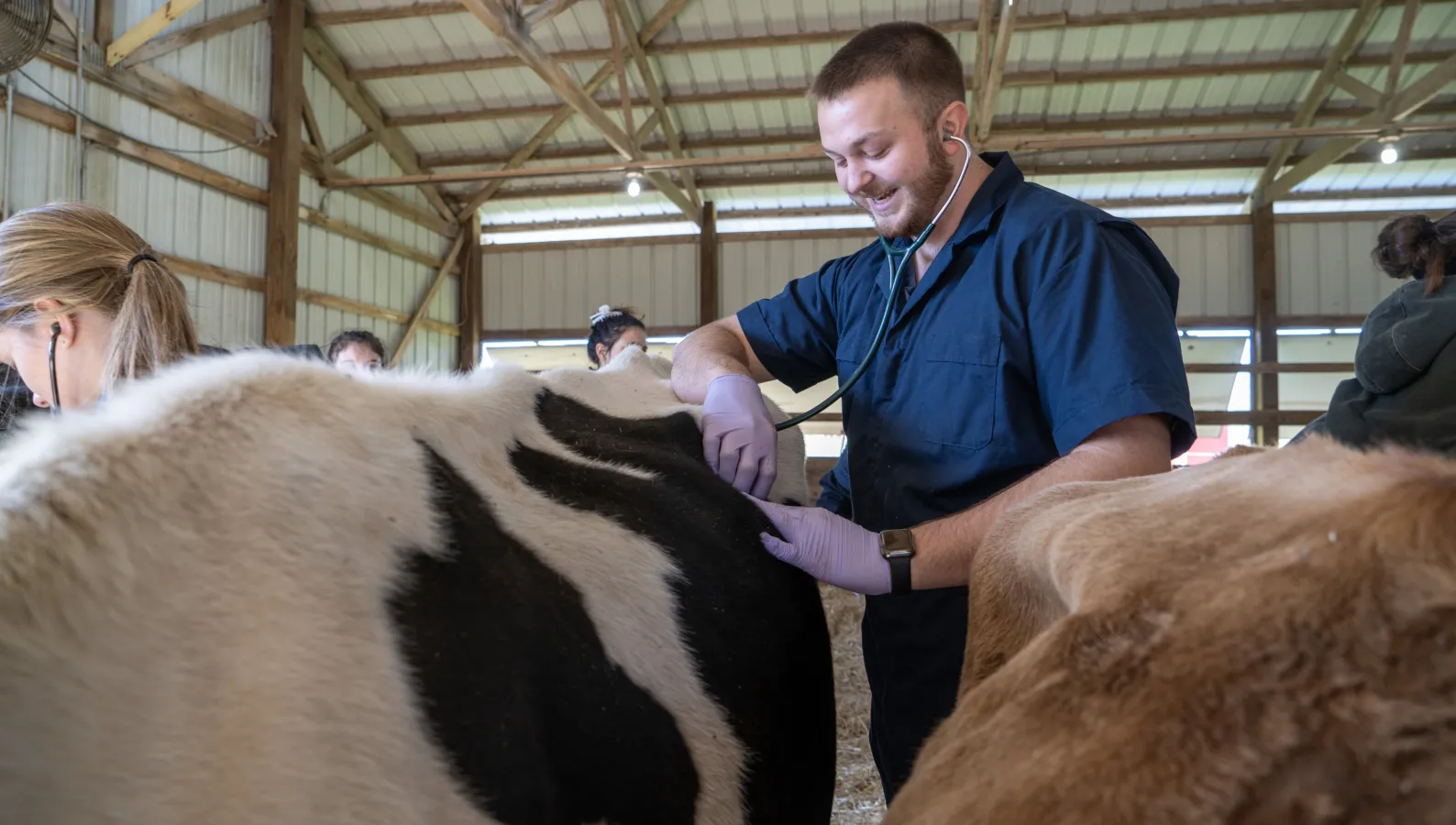The Value of Early Detection: Insights From a Veterinary Oncologist
Early detection of cancer cells in pets is a vital subject for pet dog proprietors and vet professionals alike. Veterinary oncologists emphasize the significance of recognizing refined signs that may indicate major health and wellness issues. Usual signs commonly go unnoticed up until they rise. Understanding these early caution indicators and improvements in analysis methods can make a significant distinction. What steps can pet proprietors take to enhance their animals' possibilities of early diagnosis and much better therapy results?
Understanding Cancer in Animals: Typical Types and Signs
While several family pet proprietors may not recognize it, cancer is a significant health concern impacting animals, similar to it does in people. Common sorts of cancer in pet dogs include lymphoma, mast cell growths, osteosarcoma, and mammary growths. These hatreds can manifest in numerous means, relying on their area and type. Signs and symptoms frequently include inexplicable fat burning, consistent vomiting, modifications in hunger, or unusual swellings and bumps. Animals may also show sleepiness, difficulty breathing, or hesitation to exercise, which can suggest underlying wellness problems. Early indicators can be refined, making it important for family pet owners to be observant of their family pets' actions and physical problem. Comprehending these typical kinds and linked symptoms can empower proprietors to look for vet treatment promptly, potentially bring about earlier diagnosis and treatment options. Acknowledging the indications of cancer cells in pets is an important step towards boosting their health and quality of life.
The Role of Veterinary Oncologists in Early Detection
Vet oncologists play a crucial duty in the very early discovery of cancer in pet dogs, as their specialized training outfits them with the abilities needed to determine refined indicators that might be forgotten by family doctors. They use a combination of medical experience and progressed diagnostic tools to assess patients thoroughly - Pet Cancer Surgery. By identifying very early signs and danger factors, oncologists can guide family pet proprietors toward prompt treatments, enhancing the chances of effective treatment
Moreover, vet oncologists commonly team up with family doctors to develop screening methods customized to particular breeds or age groups, boosting the efficiency of early discovery initiatives. They inform pet dog owners on the importance of routine check-ups and recognition of modifications in habits or physical problem. Through these proactive steps, vet oncologists greatly add to boosting results for animals detected with cancer, highlighting the essential nature of their function in vet healthcare.
Developments in Diagnostic Techniques for Pet Dog Cancer Cells
Advancements in diagnostic methods have markedly enhanced the ability to find cancer cells in family pets at earlier phases. Strategies such as advanced imaging, including MRI and CT scans, provide thorough internal views, allowing veterinarians to identify tumors that may not be apparent. Furthermore, the advancement of minimally intrusive procedures, such as fine needle aspirates and biopsies, enables accurate sampling of cells for histopathological evaluation with minimized stress and anxiety for the pet.
Arising molecular diagnostics, consisting of hereditary testing and biomarker identification, are transforming the landscape of vet oncology. These approaches can recognize certain cancer types and predict feedbacks to therapy, promoting personalized treatment plans. In addition, advancements in laboratory techniques, such as liquid biopsies, are beginning to use non-invasive alternatives for monitoring lump progression and treatment efficiency. Collectively, these technologies stand for a considerable leap onward in veterinary medication, highlighting the crucial duty of early detection in boosting results for animals detected with cancer.
Just How Family Pet Owners Can Acknowledge Indication
How can family pet owners come to be alert in recognizing prospective indication of cancer? Understanding of behavioral and physical modifications in pet dogs is necessary. Common signs consist of unusual sleepiness, loss of appetite, or unexpected weight adjustments. Family pet owners must also focus on relentless vomiting or looseness of the bowels, which may indicate underlying problems.
Adjustments in the skin, such as lumps, bumps, or sores that do not heal, call for prompt veterinary interest. Furthermore, owners need to note changes in drinking routines, increased peeing, or trouble in breathing. Unexplained limping or discomfort might also be signs of more severe problems.
Normal veterinary examinations can assist recognize these indication early. By maintaining a close monitoring of their family pets' wellness and actions, proprietors can play a key duty in very early discovery, possibly leading to better results need to cancer cells be detected. Identifying these indicators might substantially influence a pet's lifestyle.
The Impact of Early Detection on Treatment End Results
Early discovery of cancer in pets plays an essential role in figuring out therapy end results, as it usually allows for a bigger array of healing alternatives. When cancer cells is detected in its beginning, veterinarians can apply much less intrusive therapies, boosting the likelihood of successful treatment. Early-stage cancers might additionally respond better to radiation treatment or radiation, bring about enhanced survival rates and overall high quality of you can try here life for the pet.
Additionally, punctual diagnosis helps with an extra customized therapy plan, straightening with the certain needs of the pet. This can consist of individualized medication routines or surgical treatments that are much less hostile. On the other hand, late-stage detection usually leads to minimal options, a lot more hostile treatments, and poorer diagnoses. The importance of very early discovery can not be overstated; it essentially alters the trajectory of treatment, making it crucial for animal owners to stay watchful for any kind of signs of health problem in their precious companions.
Regularly Asked Concerns

How Can Diet Impact Cancer Threat in Family Pets?
Diet substantially affects cancer danger in pets, as particular nutrients and food types can either inhibit or promote lump growth. A well balanced, nutrient-rich diet plan might aid reduce the likelihood of developing cancer cells in animals.
Are Specific Types Much More Prone to Cancer cells?
Specific pet breeds, such as Golden Retrievers and Martials artists, exhibit higher cancer cells susceptibility my review here as a result of genetic tendencies. In a similar way, some feline breeds likewise reveal boosted cancer risks, highlighting the relevance of breed-specific health recognition among family pet proprietors.
What Are the Prices Associated With Early Cancer Discovery?
The costs related to very early cancer detection can differ substantially, encompassing analysis tests, consultations, and possible treatments - Veterinary Cancer Specialist. Buying these services commonly leads to much better wellness end results, inevitably saving money on extra extensive future medical expenses
Can Vaccines Stop Cancer Cells in Animals?


Vaccinations may lower the danger of particular cancers in pet dogs, especially those linked to viral infections. Their effectiveness varies, and family pet proprietors ought to consult veterinarians for tailored recommendations regarding vaccination and cancer avoidance strategies.
How Commonly Should Pet Dogs Be Screened for Cancer?
Family pets ought to typically be evaluated for cancer cells each year, specifically as they age or if they display danger variables. Normal veterinary examinations can aid identify possible concerns early, improving treatment end results and general wellness management.
Early detection of cancer cells in pet dogs is an essential subject for pet dog proprietors and veterinary experts alike. Early indications can be subtle, making it necessary for pet dog proprietors to be observant of their animals' habits and physical condition. Veterinary oncologists play an essential role in the very early detection of cancer in pets, as their specialized training outfits them with the abilities needed to determine refined indications that might be forgotten by general experts. By maintaining a close monitoring of their family pets' health and wellness and behavior, proprietors can Read Full Report play a vital function in very early detection, possibly leading to better results should cancer be diagnosed. Early detection of cancer cells in animals plays a vital duty in establishing therapy results, as it commonly permits for a wider range of healing alternatives.